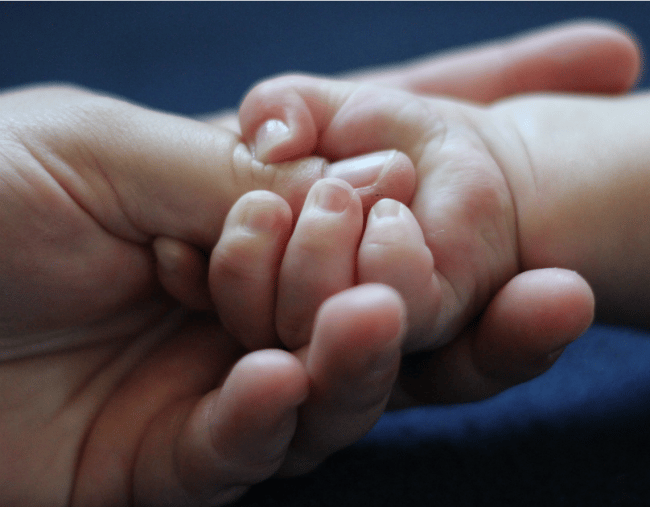
Give me fifteen seconds of bravery. Fifteen seconds of reaching into your weariness and bringing out the strength that has always been yours.
It’s the three month check up for my third baby. The doctor has checked her reflexes, her weight. She’s healthy, my darling girl. By all appearances, we’re doing well.
He turns to me and asks how I’m doing. Like clockwork, I give the answer I’ve meticulously formulated over the years – sleep-deprived, but good. Touch of honesty, but not so much to raise alarm. It’s been mostly true in the past. This time though, the words are hollow, my laugh stilted.
Actually, doctor. I don’t think I’m okay.
Almost six years before that morning, I made a similar admission to a university counsellor. I’d been directed there by concerned tutors, citing my inability to hand in essays – not because I didn’t understand what was expected of me, but because the uncertainty of not getting an outstanding grade was debilitating, more frightening than the certainty of failing for not having submitted anything. Anxiety and I failed many units, took a semester off, and life stood still for over a year.
That was not an option this time.
Three children under five, one with a learning disability, one still a baby. They would not wait for me to get well, they were growing up now.
Psychologist Kirsten Bouse talks to Holly Wainwright and Christie Hayes about what post-natal depression really looks like, and strategies for coping.
I’m so tired, I tell the doctor. So tired, all the time. He nods empathetically, but I don’t think he understands – not the tired that comes from years of interrupted sleep, but a tired deep in my bones, from the building and sustaining of a life I’m not sure I want.